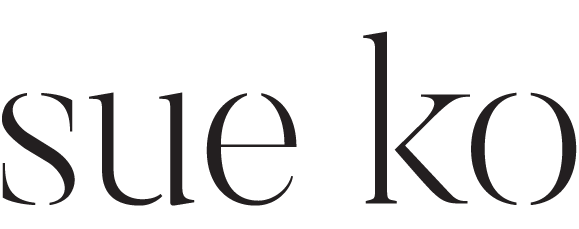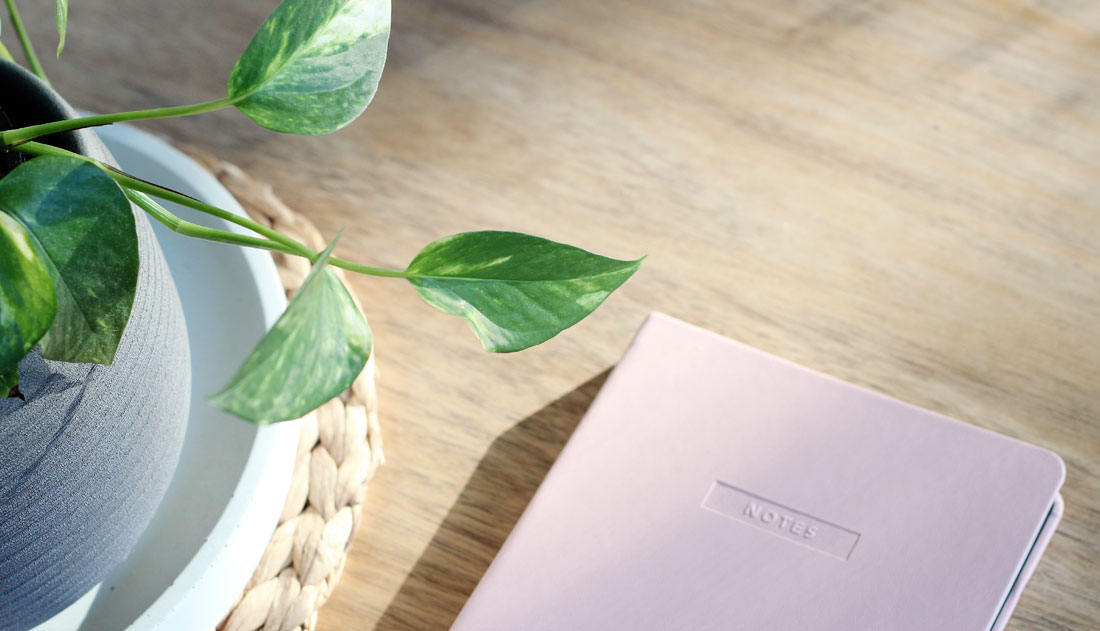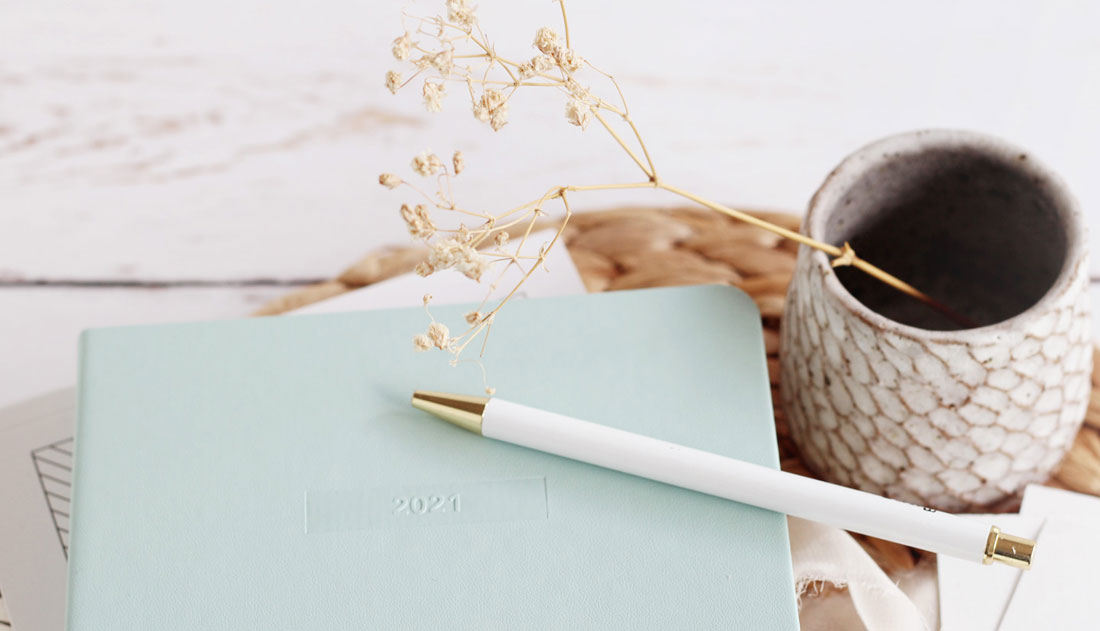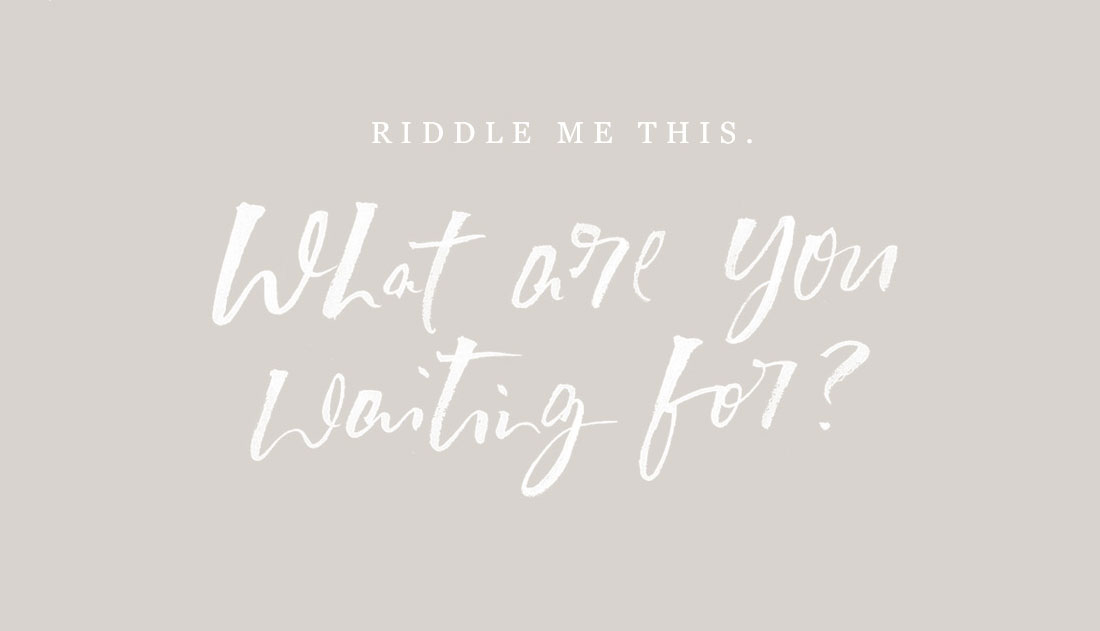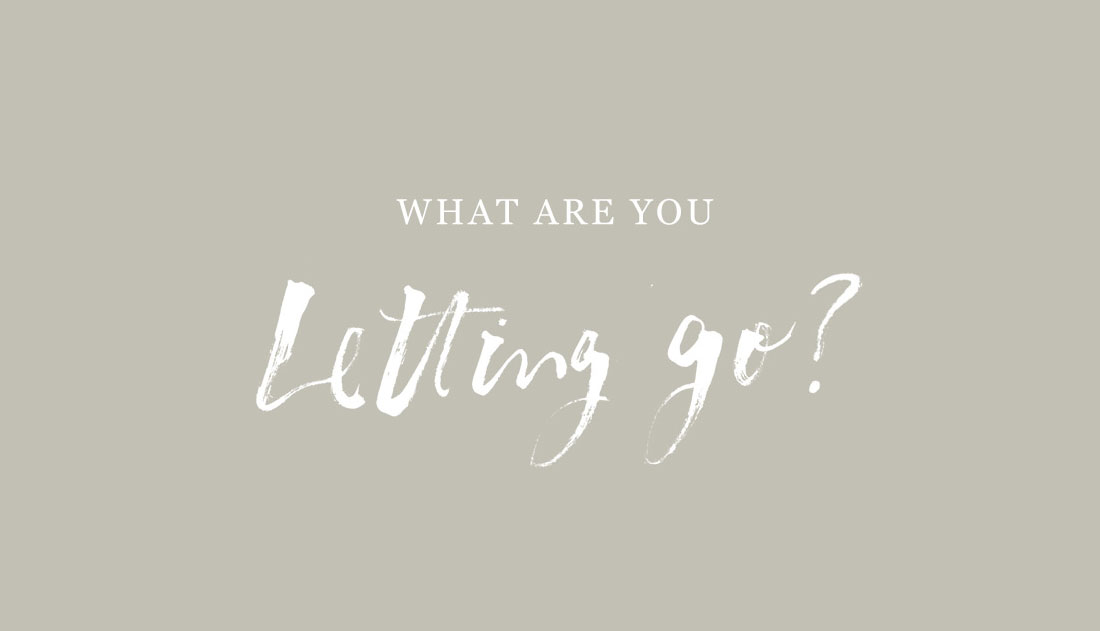Why I live with the end in mind.
—
Remember in our teenage years when our parents were a drag? Spoiling our fun. Suffocating our freedom. And often putting a damper on our dreams of uninhibited youthful adventure with friends.
In our 20s, our parents were our Plan B. Like when we hadn’t done our groceries and needed a home cooked meal. Maybe we needed help moving house for the 10th time. Or when our Friday night plans went to poop and visiting our folks was exactly what we needed to feel loved again. We had a taste of adulting — taxes, the odd speeding ticket, and rejection of the professional and personal kind. The independence was exhilarating — perhaps because we hadn’t yet known how terrifying it could also be.
When we became parents ourselves, we had a newfound and deep appreciation for how incredible our parents were all along. We suddenly saw them in a new light — previously overshadowed by our desire to break free and discover who we were without them. As it turns out, it was a complete fallacy that our parents knew nothing, and we knew everything.
Having children unveils the bittersweetness of life. With the incredible joy of watching our children grow, we are confronted by the inevitability of our own mortality.
In our 40s, for those of us fortunate enough, we are humbled as we witness our parents grow older. We no longer take for granted the comfort and certainty of our safe haven. We linger a little longer when we visit.
Then one day, amongst the lively banter over a family meal, we glimpse over at their smiling faces and we feel an unexpected twinge in our heart. It’s as if for the first time, we see how much older they are now. How did we not notice?
We suddenly become aware that we have been consumed by our chaotic day-to-day routine that we barely even looked our loved ones in the eyes.
The antidote is to live with the end in mind.
At first, this may seem somewhat pessimistic. However, when you live with the end in mind, you focus on being more present. You savour every day moments. You say “I love you” more often. And you leave no words unsaid.
You see, although my 6-year-old self was heartbroken when my father skipped town after he dropped me off at school, I also learned that our time with loved ones is never guaranteed and that it is not to be taken for granted.
As I write, I am sitting in the discomfort of uncertainty. My mum has medical tests next week, and my overthinking mind is constructing worst case scenarios at an impressive rate.
I am afraid. Uncertainty is scary.
But I take small comfort in the certainty that we know how much we love each other.
At the end of the day, that’s all that matters.
